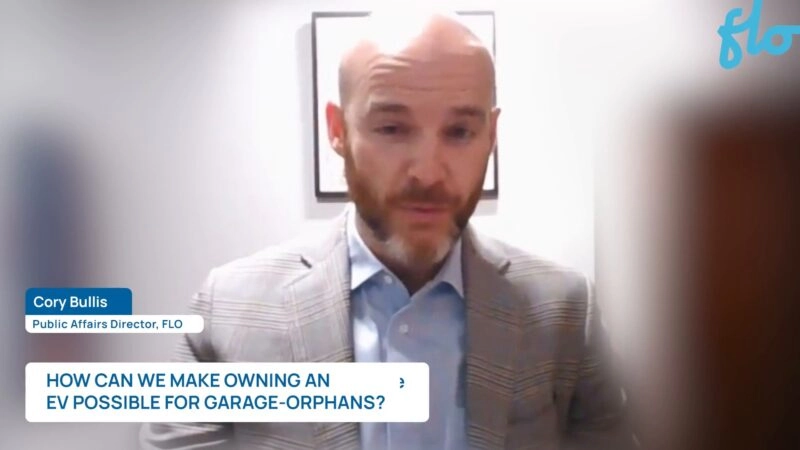What is the EV Charging Reliability Act?
The electric vehicle (EV) industry has experienced tremendous growth in recent years, attracting investments from various automakers, technology companies, and startups. However, this rapid expansion has brought challenges, particularly in reliable and accessible EV charging stations. FLO has sponsored the EV Charging Reliability Transparency Act to address this issue, which aims to promote transparency and consumer protection.
This act requires charging providers that utilize public funds to deploy charging stations to share uptime data with the state. The primary objective is to provide the state with a comprehensive understanding of drivers’ reliability and uptime experiences at these charging stations. By doing so, policymakers can make informed decisions about resource allocation and infrastructure improvement. This requirement also ensures that public investments in charging infrastructure translate into tangible benefits for drivers.
Additionally, the act presents an opportunity for private companies like FLO to differentiate themselves by showcasing their commitment to reliability and transparency. Through regular reporting of uptime data via state-mandated mechanisms, these companies can demonstrate that customers’ investments contribute to a robust and dependable network of EV charging stations.
It is important to note that while legislation is crucial in promoting transparency and accountability, private companies must actively contribute to improving access to reliable EV charging infrastructure. As demand for electric vehicles grows across states, cities must collaborate with private players to develop sustainable business models that expand access while remaining affordable. Startups have begun exploring innovative solutions, such as mobile applications that locate available chargers or offer subscription-based access to charging networks. These solutions enhance accessibility for drivers and pave the way for public-private partnerships, potentially attracting significant infrastructure investments.
In conclusion, the EV Charging Reliability Transparency Act is a significant milestone in fostering transparency and accountability in the EV charging industry. By mandating uptime data provision, the act ensures that public investments deliver tangible benefits while allowing private companies to showcase their dedication to reliability and transparency. However, private players must actively contribute by exploring innovative solutions and collaborating with policymakers to develop sustainable business models that enhance access to reliable EV charging infrastructure while remaining affordable.


